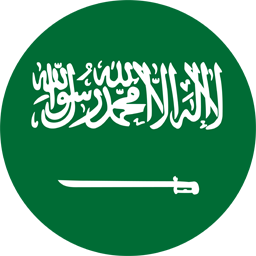Privacy Preference Center
When you visit any website, it may store or retrieve information on your browser, mostly in the form
of cookies. This information might be about you, your preferences or your device and is mostly used
to make the site work as you expect it to. The information does not usually directly identify you,
but it can give you a more personalized web experience. Because we respect your right to privacy,
you can choose not to allow some types of cookies. Click on the different category headings to find
out more and change our default settings. However, blocking some types of cookies may impact your
experience of the site and the services we are able to offer.
Manage Consent Preferences
These cookies are necessary for the website to function and cannot be switched
off in our systems. They are usually only set in response to actions made by you
which amount to a request for services, such as setting your privacy
preferences, logging in or filling in forms. You can set your browser to block
or alert you about these cookies, but some parts of the site will not then work.
These cookies do not store any personally identifiable information.
These cookies enable the website to provide enhanced functionality and
personalisation. They may be set by us or by third party providers whose
services we have added to our pages. If you do not allow these cookies then some
or all of these services may not function properly.
These cookies allow us to count visits and traffic sources so we can measure and
improve the performance of our site. They help us to know which pages are the
most and least popular and see how visitors move around the site. All
information these cookies collect is aggregated and therefore anonymous. If you
do not allow these cookies we will not know when you have visited our site, and
will not be able to monitor its performance.
These cookies may be set through our site by our advertising partners. They may
be used by those companies to build a profile of your interests and show you
relevant adverts on other sites. They do not store directly personal
information, but are based on uniquely identifying your browser and internet
device. If you do not allow these cookies, you will experience less targeted
advertising.









